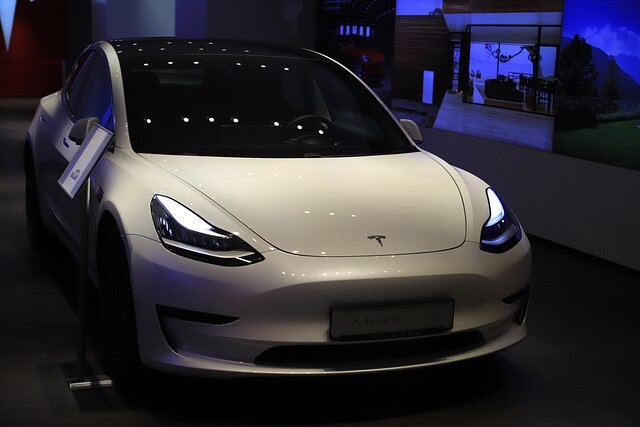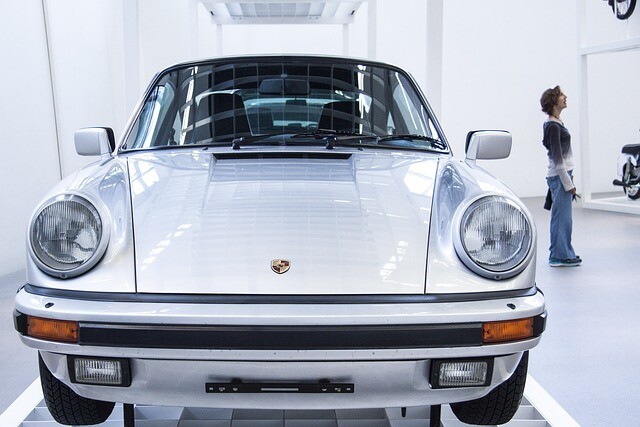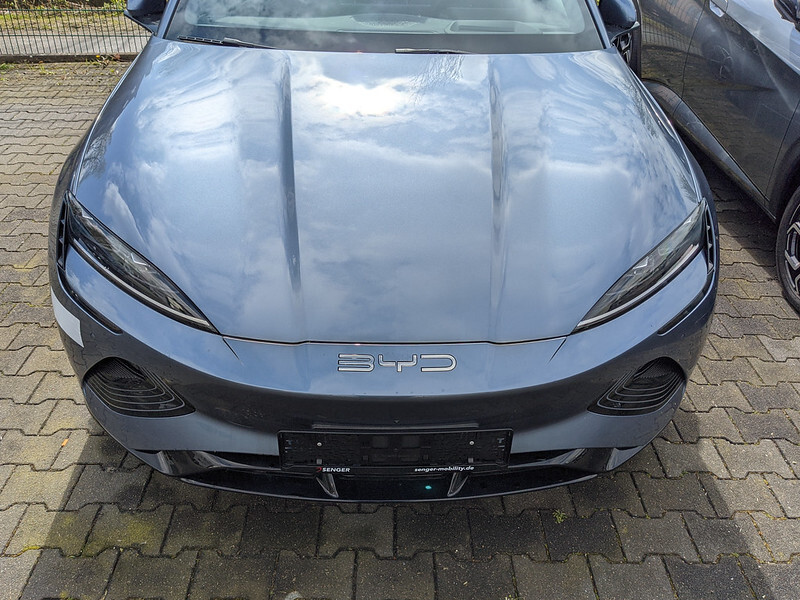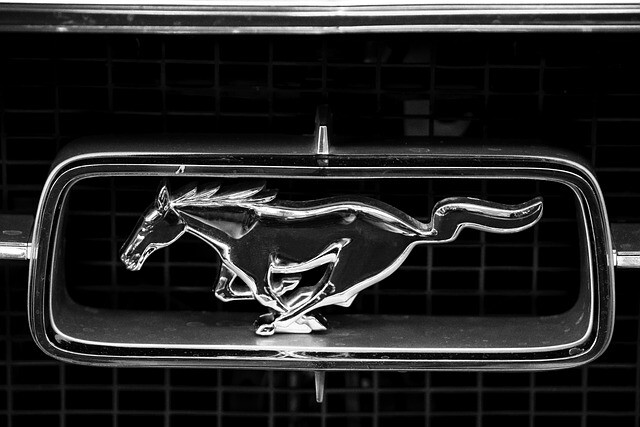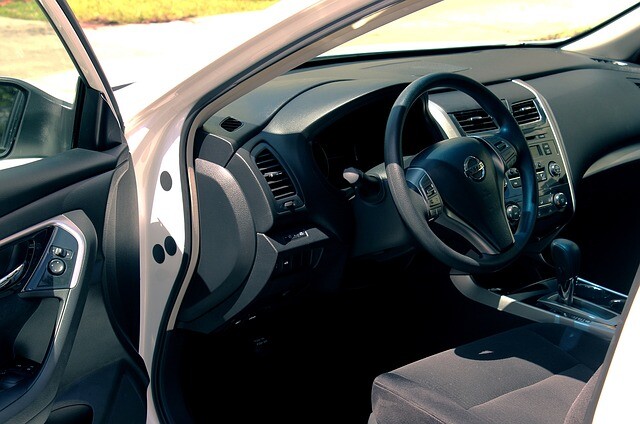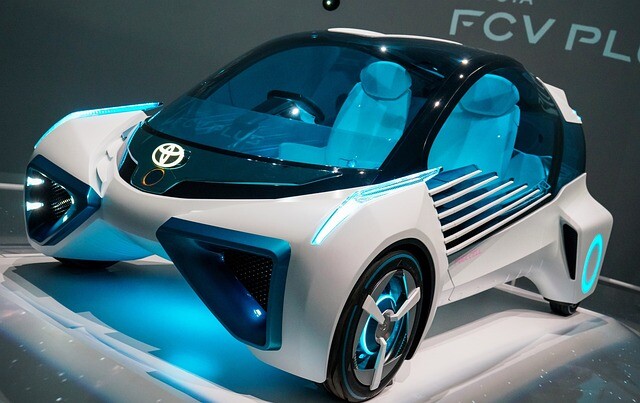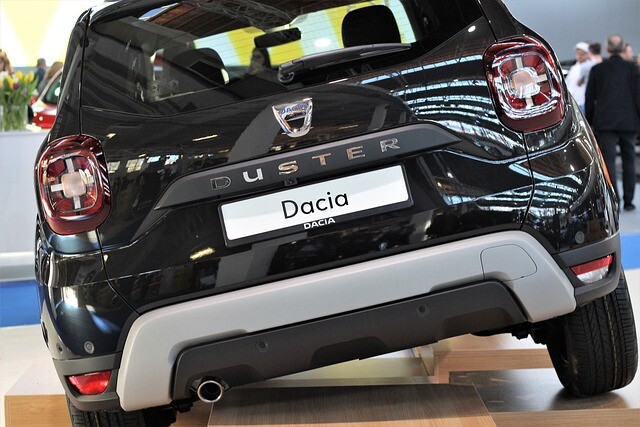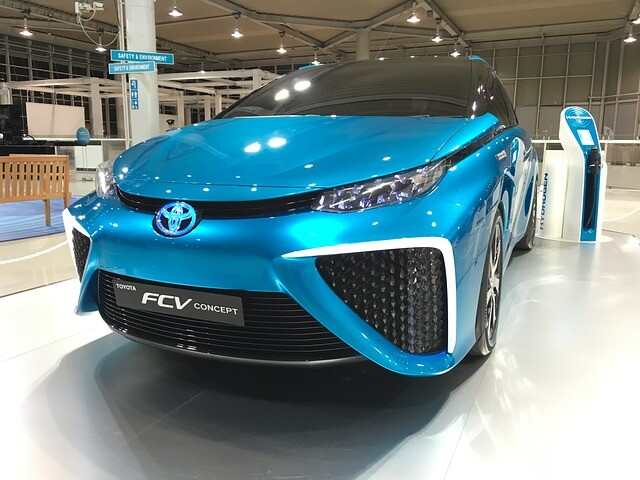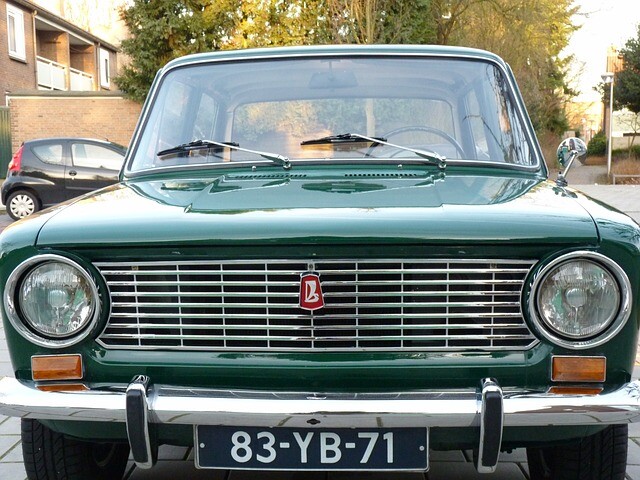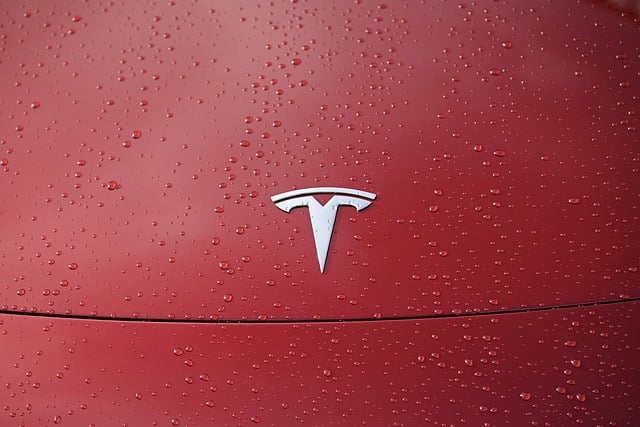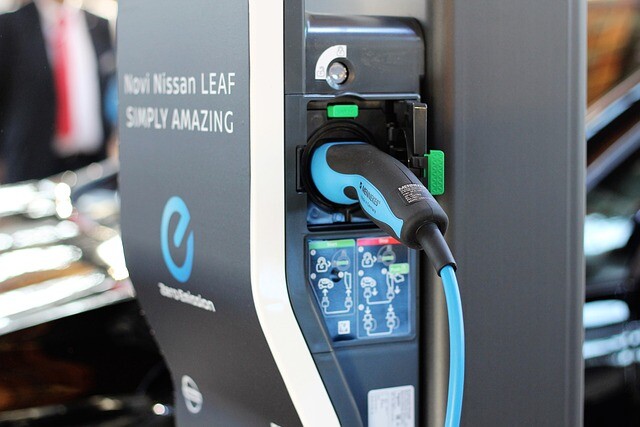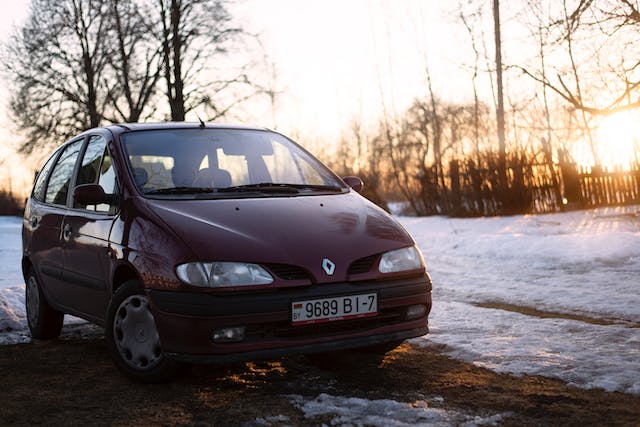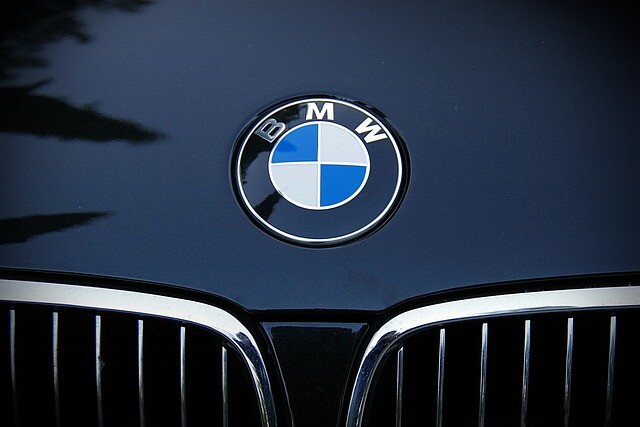Fuel prices are going up in Croatia on Tuesday
Fuel prices will rise in Croatia on Tuesday, after the government does not set prices this week, Ivo Milatic, State Secretary for Energy, announced on Monday.
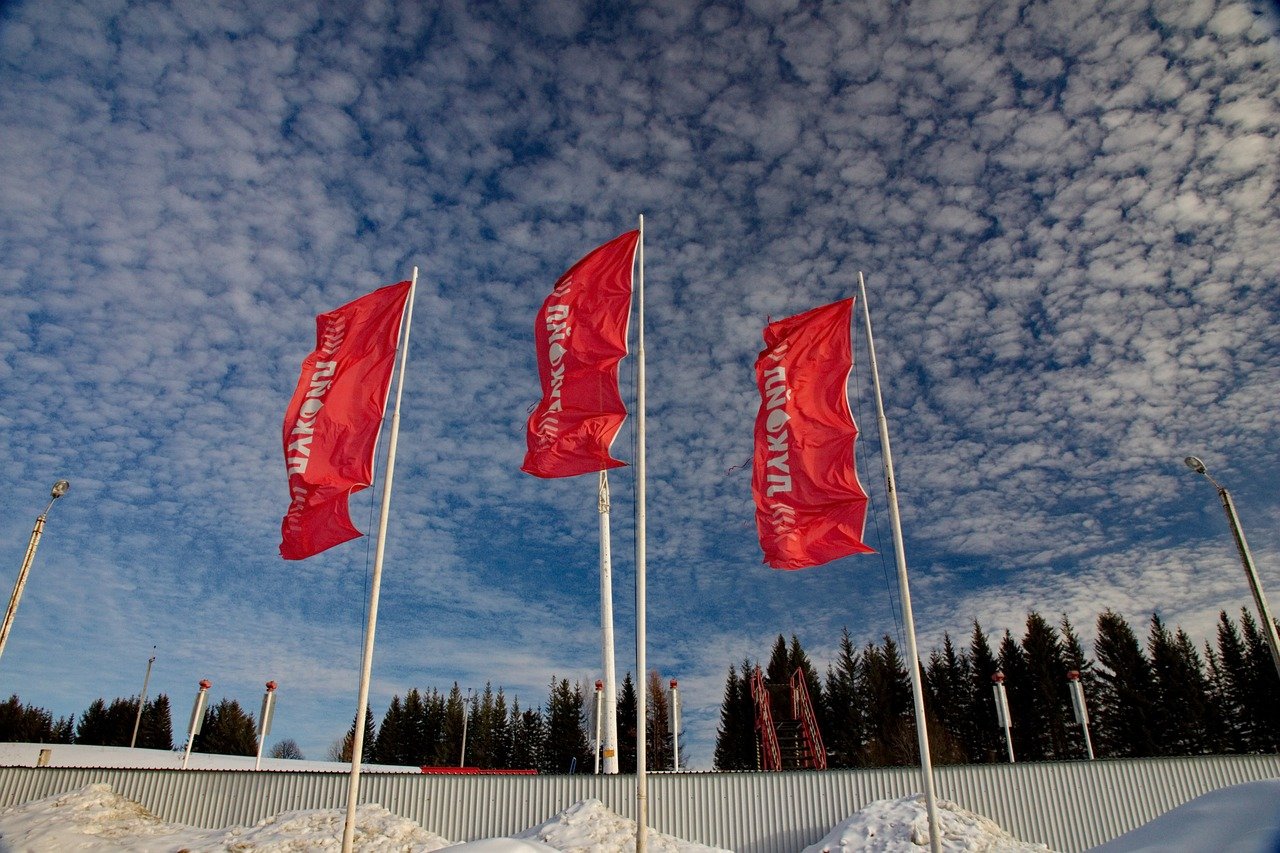
According to his description, the retail price of gasoline will increase by 0.38 lipa (1 kuna per 100 lipa), to 11.10 kuna (608 forints), and that of diesel will increase by 1.14 kuna, to 13.44 kuna (736 forints).
Miletic took part in the conference "Challenges of the Croatian industry 2022/2023", where he said: in the future, the government will restructure fuel prices every 15 days, setting a retail margin of HRK 0.65/liter for both gasoline and diesel .
He emphasized that no price cap was set this week because they could not let fuel dealers operate at a loss.
"We cannot stop the tsunami, but we can contribute to the defense being so effective that those who have to stop it do not die," he said.
He emphasized: the safety of the care must come first. "The potentially cheap fuel is useless if it is not available at gas stations," he underlined.
He believed that it is not possible to permanently fix prices if they bring a loss to the drafters.
Finance Minister Marko Primorac told journalists before the conference: the government decided not to fix the price of fuel this week, but to let the market partly shape it.
In response to the journalist's question as to how long the fixed price of electricity will be sustainable, the minister said: the scope of the government's autumn package of measures is limited, it lasts until April 1, 2023.
He pointed out: if the situation does not change in the markets and in general, subsidies must be reduced.
As a result, Horvát Elektromos Művek (HEP) records certain losses and they accumulate, he explained, adding that such subsidies cannot last forever.
Residential energy prices rose in Croatia on April 1: electricity went up by 9.6 percent and gas by up to 20 percent following the government's measures. Without the cabinet's intervention, electricity would have gone up by 23 percent and gas by 79 percent.
Zagreb reduced the VAT of several energy carriers, but the VAT of electricity remained at 13 percent, with HEP having to bear the difference between the increase in the price of energy and the price increase that fell short of it.
In September, the cabinet adopted another decree, in which the price of electricity is limited to a specified average consumption for a period of six months.
(Source: autokalauz.co.hu; MTI | Image: pixabay.com)

